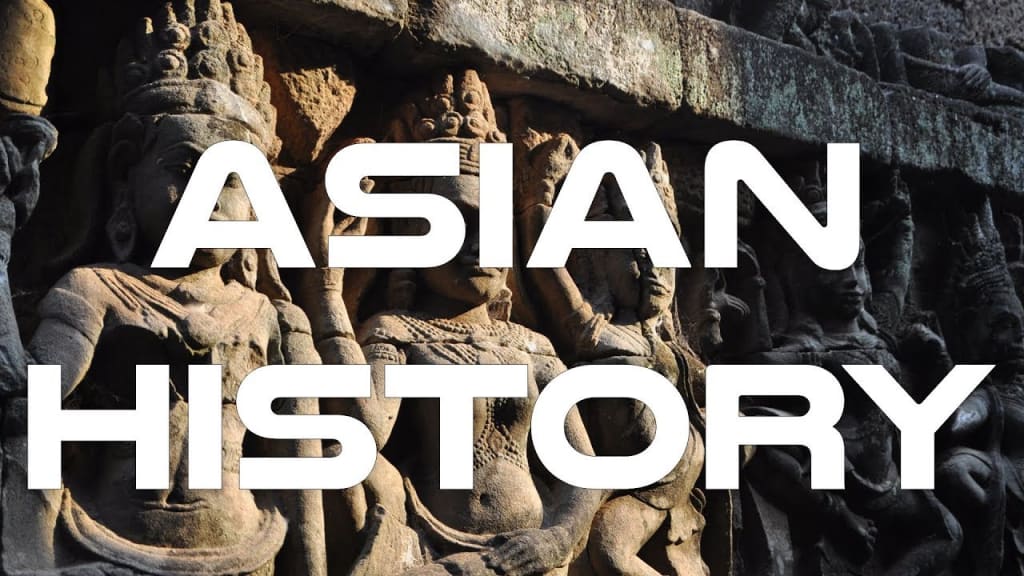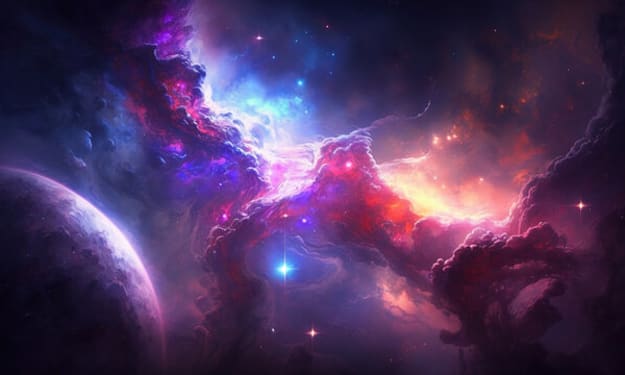
The history of Asia spans thousands of years, from ancient civilizations to modern-day nations. It is a rich and complex history, full of triumphs, tragedies, and everything in between. In this story, we will explore some of the key moments and events that have shaped the continent of Asia.
Ancient Civilizations:
- Asia is home to some of the world's oldest civilizations, dating back to the Neolithic era. One of the most well-known ancient civilizations in Asia is the Indus Valley Civilization, which flourished in present-day Pakistan and India from 2600 BCE to 1900 BCE. This civilization was known for its sophisticated urban planning, advanced systems of sanitation, and intricate trade networks.
- Another ancient civilization in Asia is the Zhou dynasty in China, which lasted from 1046 BCE to 256 BCE. During this time, China saw significant advancements in art, literature, and technology, including the development of the iron plow and the invention of the first paper.
The Rise of Empires:
- In the centuries that followed, Asia saw the rise of several powerful empires. One of the most significant was the Maurya Empire, which emerged in India in 321 BCE. Under the leadership of Emperor Ashoka, the Maurya Empire expanded its territory and became known for its policies of religious tolerance and social welfare.
- Another notable empire was the Mongol Empire, which was founded by Genghis Khan in 1206. The Mongols conquered vast territories across Asia, including China, Korea, and parts of Russia and Europe. The empire's legacy includes the establishment of the Silk Road trade network and the spread of Mongol culture and language throughout Asia.
Colonialism and Imperialism:
- In the 19th and 20th centuries, Asia was subject to colonialism and imperialism by European powers. The British, in particular, exerted significant influence over many Asian countries, including India, Malaysia, and Singapore. Other European powers, such as the Dutch and the French, also established colonies in Asia.
- Japan, too, emerged as a major imperial power during this time. In 1895, Japan defeated China in the First Sino-Japanese War and took control of Taiwan and parts of China. Japan's victory over Russia in the Russo-Japanese War of 1904-1905 further cemented its status as a global power.
The World Wars:
- Asia played a significant role in both World War I and World War II. In World War I, many Asian countries were forced to fight on the side of the European powers due to their colonial ties. Japan, however, was one of the few Asian countries to fight on the side of the Allies.
- World War II saw even greater involvement from Asia. Japan's invasion of China in 1937 and its subsequent attacks on other Asian countries led to the Pacific War, which lasted from 1941 to 1945. The war resulted in significant loss of life and destruction throughout Asia, including the dropping of atomic bombs on the Japanese cities of Hiroshima and Nagasaki.
The Cold War:
- The aftermath of World War II saw Asia divided into two spheres of influence: the communist bloc led by the Soviet Union and the capitalist bloc led by the United States. This division sparked a series of proxy wars in Asia, including the Korean War and the Vietnam War.
- China also underwent significant changes during this time. In 1949, the Communist Party under Mao Zedong emerged victorious in the Chinese Civil War, establishing the People's Republic of China. The new government implemented sweeping reforms, including land redistribution and the collectivization of agriculture.
Modern Asia:
- Since the end of the Cold War, Asia has experienced rapid economic growth and development. Countries such as China, Japan, and South Korea have become major players in the global economy, while






Comments
There are no comments for this story
Be the first to respond and start the conversation.